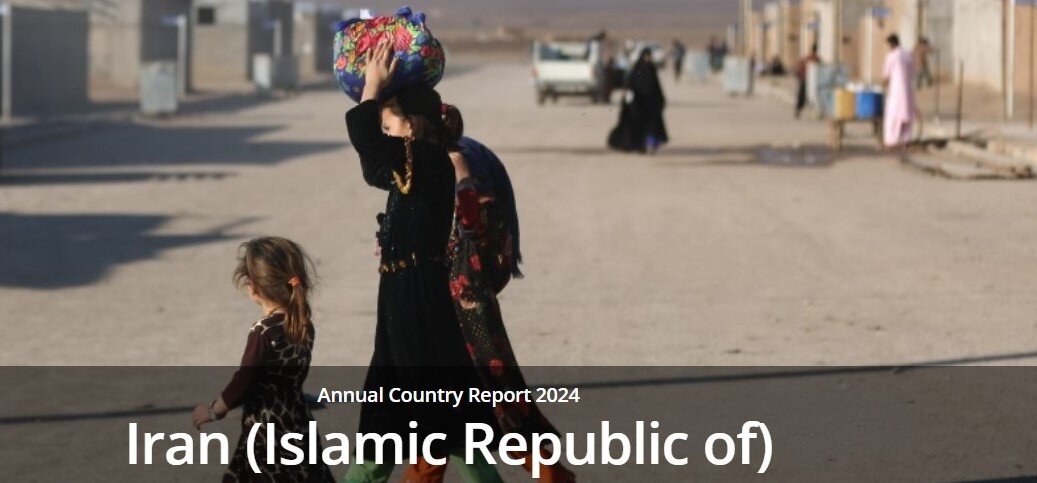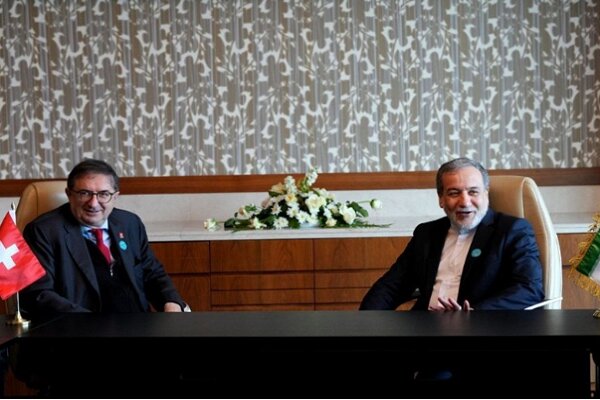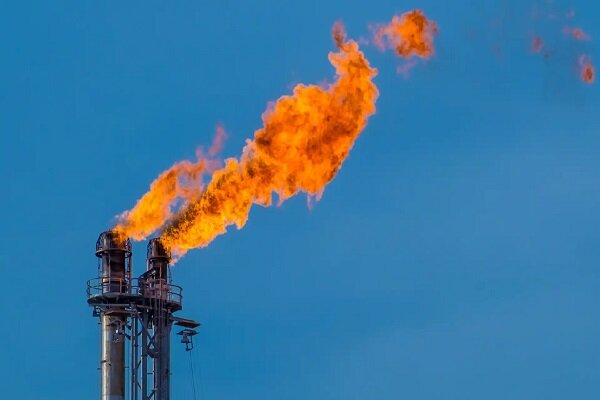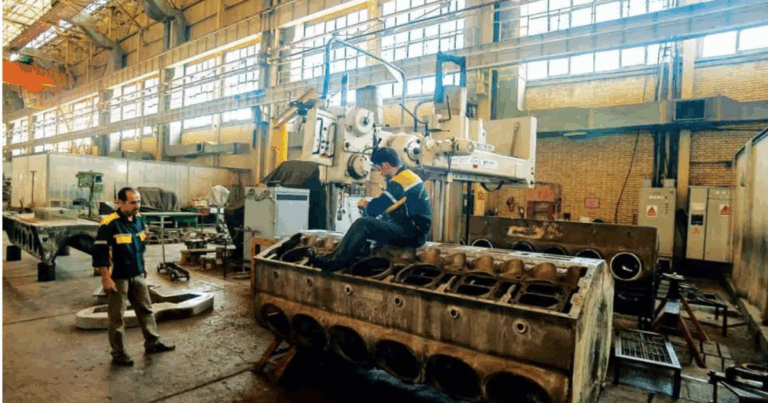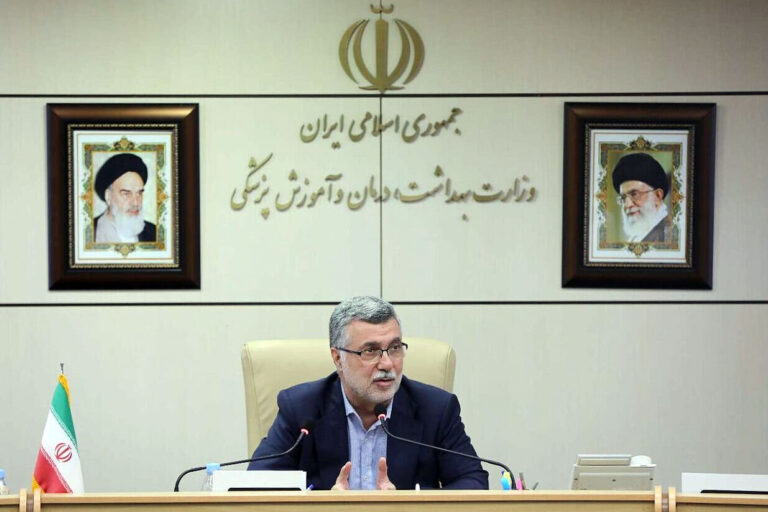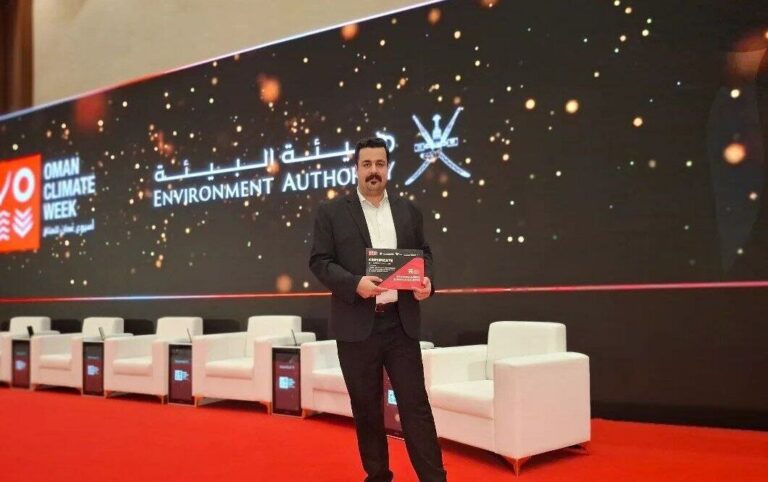WFP Unveils Insightful Annual Report on Iran: Key Highlights and Findings
The World Food Program (WFP) recently unveiled its 2024 report concerning Iran, aligning with the Interim Country Strategic Plan (ICSP) for 2023-2027. This comprehensive report highlights the ongoing efforts to address food insecurity among vulnerable populations in the region, including over 33,000 refugees, primarily from Afghanistan.
In 2024, WFP provided a combination of in-kind and cash assistance to support the food needs of these refugees. The results were promising, as 70 percent of the beneficiaries reported being able to consume food at an acceptable level, a figure that has remained stable compared to the previous year. This assistance is crucial in light of the economic challenges faced by refugees in Iran.
Since August, WFP has successfully increased the value of cash transfer entitlements by 25 percent, a significant step in alleviating the immediate economic difficulties reported by refugees. The program has been in operation in Iran since 1987, primarily focusing on the food security needs of Afghan refugees, who have been hosted by Iran for over four decades.
Many of these refugees, along with those in similar circumstances, reside in urban, peri-urban, and rural areas, often integrating with local communities. However, the most vulnerable groups, living in 20 settlements across 13 provinces, continue to face precarious food security situations that require ongoing humanitarian assistance from WFP.
WFP’s support encompasses various forms of assistance, including:
- Food assistance
- Educational support
- Livelihood opportunities
This support is delivered through in-kind food distributions, unconditional cash transfers, and capacity-strengthening initiatives targeting eligible refugees residing in these settlements. The economic situation in Iran has posed numerous challenges for Afghan refugees, notably reduced income opportunities and diminished purchasing power, which has adversely affected their food security and overall well-being.
In response to these challenges, WFP has adjusted its Interim Country Strategic Plan (ICSP 2023-2027). Key modifications include:
- Increasing cash entitlements and food rations
- Adjusting the number of beneficiaries
- Extending the ICSP duration by two years to align with the United Nations Sustainable Development Framework (UNSDF 2023-2027)
These adjustments ensure uninterrupted assistance to the most vulnerable groups, with approximately 35,000 documented refugees benefitting from WFP-provided food assistance. Monthly distributions include fortified wheat flour, fortified vegetable oil, and cash-based transfers, with an average assistance duration of about 30 days.
Monitoring reports indicate that while there was a slight decrease in the percentage of beneficiaries consuming food at an acceptable level, the increase in cash assistance played a vital role in offsetting the loss of purchasing power.
In 2024, WFP introduced a cash top-up component for individuals living with disabilities as part of its ICSP. This initiative, piloted in February 2023, has expanded to additional settlements, benefiting 271 individuals by the end of December, including 158 men and 113 women.
Furthermore, WFP’s school meals program reached approximately 8,700 refugee schoolchildren (51% girls) and supported 650 Iranian teachers (30% women). This program provided nutritious snacks daily, aiming to enhance both educational and nutritional outcomes. Studies conducted on this initiative have shown:
- Positive impacts on students’ learning abilities
- Improvement in physical health
- Increased enrollment rates among boys and girls
According to feedback from school principals, parents noted that their children are more willing to attend school since the program’s inception. To promote girls’ education and reduce attendance barriers, around 2,850 girls received cash incentives to empower young women. These incentives are directly deposited into bank accounts under the children’s names, enabling them to purchase stationery and cover internet costs.
WFP has also supported income-generating activities tailored to the needs of refugees, with a particular focus on empowering women and girls. In 2024, new projects such as a bag-making workshop, beauty salon, and barbershop were initiated alongside ongoing opportunities like greenhouse farming and tailoring.
With sufficient funding in 2024, WFP managed to carry out all activities without significant interruptions. Beneficiaries in the general food assistance program received support for an average of 357 days throughout the year, while the average duration for the school meals program was slightly below the planned 177 days, achieving an actual duration of 175 days.
In 2024, WFP did not respond to any emergencies for Iranians, as there were no large-scale natural disasters requiring intervention. The Center for Alien and Foreign Immigrant Affairs (CAFIA) continued to be WFP’s primary governmental counterpart, ensuring effective coordination of refugee-related activities.
WFP’s engagement in key interagency platforms has been instrumental in addressing the needs of refugees. Collaborations with partners like the United Nations High Commissioner for Refugees (UNHCR) and international NGOs have enhanced coordinated responses and support for refugees. Joint initiatives, including Post-Distribution Monitoring with UNHCR, have been crucial in optimizing the impact of WFP’s interventions.
